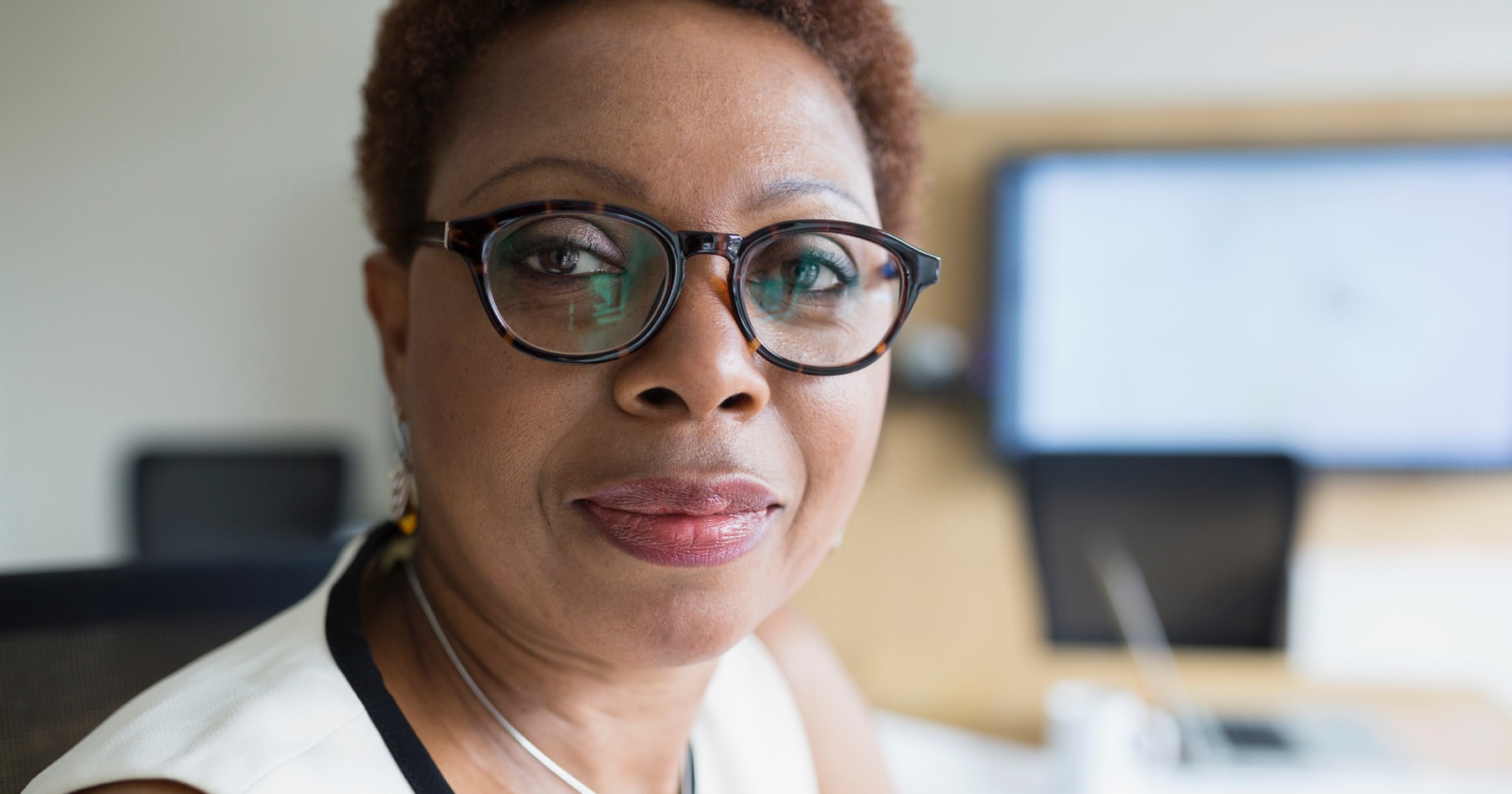
Article
Black Women’s Equal Pay Day: Sheryl Sandberg and Laphonza Butler on How to Fix the ‘Urgent Problem’
On April 10th, the United States marked Equal Pay Day to draw attention to the fact that women as a whole earn just eighty cents for every dollar that men earn. That number—and the financial consequences it has for millions of families—is bad enough. But for black women and other women of color, the pay gap is far worse. And although this represents something deeply wrong in our society, too few people know about it.
Today, August 7th, is Black Women’s Equal Pay Day. This means that black women had to work all of 2017 and this far into 2018 to make as much as white men made in 2017 alone. Put another way, black women as a whole earn 38% less than white men.
Imagine losing 38% of your income. Think what that would mean for your ability to afford housing, utilities, groceries, or tuition. For the vast majority of people, losing 38% of their salary, or even much less than that, would cause a major crisis. For the average black woman, it’s a daily reality. This pay gap for black women persists across industries, occupations, and levels of education. No matter what her job or how educated she is, the average black woman is still earning a great deal less than a white man at the same level.
We all need to recognize that this is an urgent problem. But new research by Lean In and SurveyMonkey in partnership with the National Urban League reveals that it flies beneath many people’s radar. More than one in three Americans aren’t aware of the pay gap facing black women. Even worse, nearly four in ten hiring managers—people with the power to do something about it—don’t know that it exists.
The lack of awareness doesn’t end there: 43% of men say that obstacles to advancement for black women no longer exist. Since you can’t fix what you can’t—or won’t—see, this is a problem. In an economy that can be hard on women in general, black women are promoted less often than other women and receive less support from managers. They’re the fastest-growing group of entrepreneurs in the United States, but their businesses earn less revenue than those started by nearly everyone else, in part because of lack of access to investment capital. They participate in the workforce at a higher rate than other women, but hold only 5% of managerial and professional positions. And there are zero black women running Fortune 500 companies. There’s only ever been one.
This is what happens when you live at the intersection of gender and racial inequality. It means having people doubt, dismiss, overlook, and undervalue you because you’re a woman and because you’re black. Not every black woman has that experience, but far too many do. It goes against everything we stand for as a country.
There’s a lot we can do to close the pay gap—starting with raising the federal minimum wage, which would help increase the incomes of more than one in four black women in the workforce. Several states have taken steps to protect workers from retaliation when they discuss pay; the federal government should follow suit. At a time when labor rights are eroding, we need stronger protections for the millions of women who are proud union members—or want to be. And Congress must pass a national paid and family medical leave law. It would be particularly helpful to black women, too many of whom have to rush back to work after having a baby or put medical care for themselves on the back burner because they can’t afford to go days or weeks without a paycheck.
Employers and managers have work to do, too. We need them to take a hard look at how they hire and promote to make sure women and people of color are getting a truly fair shake. Sexual harassment often steers women away from higher-paying, male-dominated fields; employers should fire harassers and those who enable them. And we all need to make sure that access to mentors, sponsors, and opportunities for growth are truly available to everyone.
Finally, those who care about gender equality have to embrace this issue in its entirety. Too often, conversations about equality for women focus on one group—white women—over everyone else. But women of color face higher barriers, wider pay gaps, and fewer opportunities for advancement. Women need to come together, stand with one another, and fight for a fairer economy and country—not just for some women, but for all women. That’s solidarity.
Equal pay is about whether women are paid fairly for their labor. It’s about whether they earn enough to support their families. It’s about whether they’re truly valued in our workplaces, economy, and country. What could be more important than that?
Sheryl Sandberg is the COO of Facebook and founder of LeanIn.Org and OptionB.Org. Laphonza Butler is president of SEIU Local 2015.

